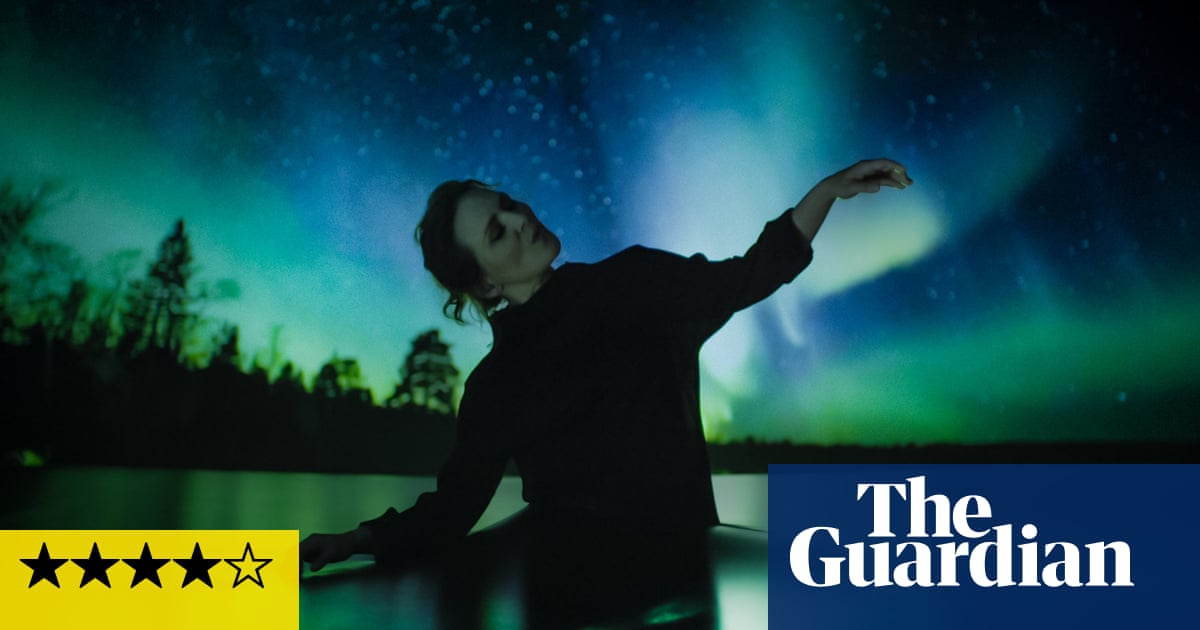The review of "The Extraordinary Miss Flower" offers a glimpse into a documentary that intertwines personal history with artistic expression. The film revolves around Geraldine Flower, whose life was relatively obscure until her death revealed a collection of love letters that paint a picture of her past. The documentary's innovative structure, blending music, drama, and dance, aims to evoke emotion and provoke thought about the nature of love and memory.
Purpose of the Article
The article seeks to introduce audiences to the film and its subject matter, highlighting the unique storytelling approach taken by the filmmakers, Iain Forsyth and Jane Pollard. By focusing on the letters and the romanticized perspectives of Flower's lovers, the review suggests that the film is more than just a biography; it is an exploration of how love can shape and obscure one's identity.
Community Perception
The narrative aims to foster a sense of intrigue and admiration for both the film and its subject. By emphasizing the artistic elements and emotional depth, the review encourages audiences to engage with the documentary as a meaningful cultural artifact rather than a mere biographical account. The portrayal of Flower as an enigmatic figure invites viewers to reflect on the complexities of personal history and public perception.
Concealment of Information
While the documentary provides insight into Flower's relationships, it intentionally keeps her own later life ambiguous. This omission might lead audiences to question what is left unsaid, possibly creating a sense of mystery around the subject. It may also prompt discussions about the nature of storytelling and how narratives are constructed from selective memories.
Manipulative Elements
The review conveys a sense of nostalgia and romanticism which could influence audience perceptions. The emphasis on the letters' emotional weight and the use of evocative language may lead some viewers to romanticize Flower’s life without fully understanding the complexities involved. The overall tone suggests admiration and reverence, which could be seen as subtly guiding audience sentiment.
Authenticity of the Story
The documentary's authenticity hinges on the letters and the perspectives of those who wrote them. While the film provides a creative interpretation of Flower's life, it remains essential to recognize that it is filtered through the lens of her lovers’ projections. This layered storytelling could blur the lines between fact and artistic interpretation, raising questions about the reliability of such narratives.
Cultural Context
The film and its review resonate with contemporary discussions around female identity, love, and the legacies we leave behind. By focusing on a lesser-known figure, the documentary adds depth to cultural conversations about women's histories and the narratives that shape them.
Impact on Society and Economy
While the film itself may not have immediate economic implications, it could influence cultural sectors such as film, music, and literature by inspiring similar projects. Furthermore, it may also encourage interest in archival practices and the preservation of personal histories, which can have broader societal implications.
Target Audience
The documentary appears to resonate particularly with audiences interested in arts, music, and cultural history. It may attract those who appreciate experimental films and artistic storytelling, as well as individuals drawn to themes of love and identity.
Financial Market Influence
The film is unlikely to have a direct impact on stock markets or global finance. However, it could influence the cultural sector, potentially benefiting artists and musicians involved in similar projects or those related to the themes presented in the documentary.
Geopolitical Relevance
While the film does not explicitly address geopolitical issues, it contributes to ongoing discussions about identity and historical narratives, which are relevant in today's socio-political climate. The exploration of personal histories within broader cultural contexts can provide insights into current societal dynamics.
Use of AI in Writing
It is possible that AI tools were utilized in drafting the article, particularly in generating descriptive language or maintaining a certain tone. However, the review reflects a human touch in its emotional engagement and subjective interpretation, suggesting that any AI involvement would be more supportive than directive.
Conclusion on Reliability
The reliability of the article rests on its descriptive and interpretive nature. While it provides an engaging overview of the film, readers should recognize the subjective lens through which the documentary is presented. The review effectively captures the essence of "The Extraordinary Miss Flower," although it should be approached as one interpretation of a multifaceted narrative.
